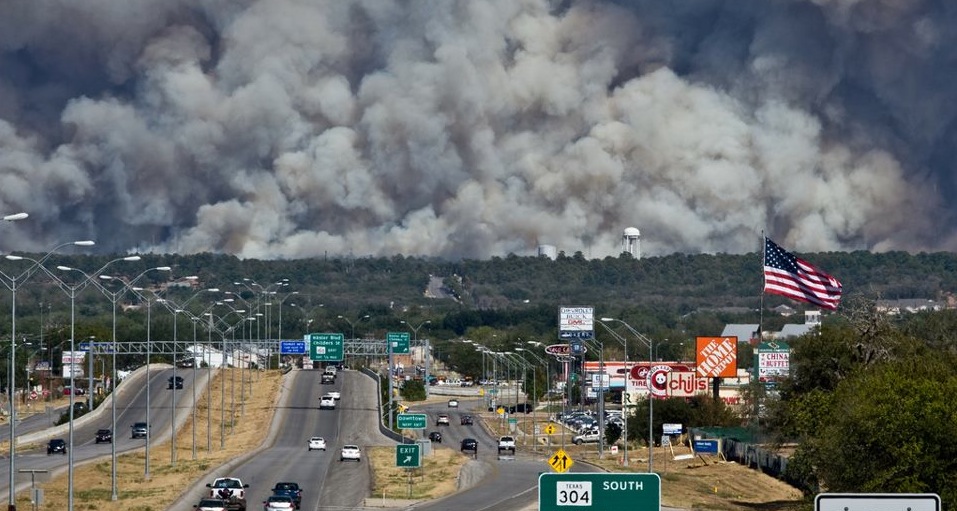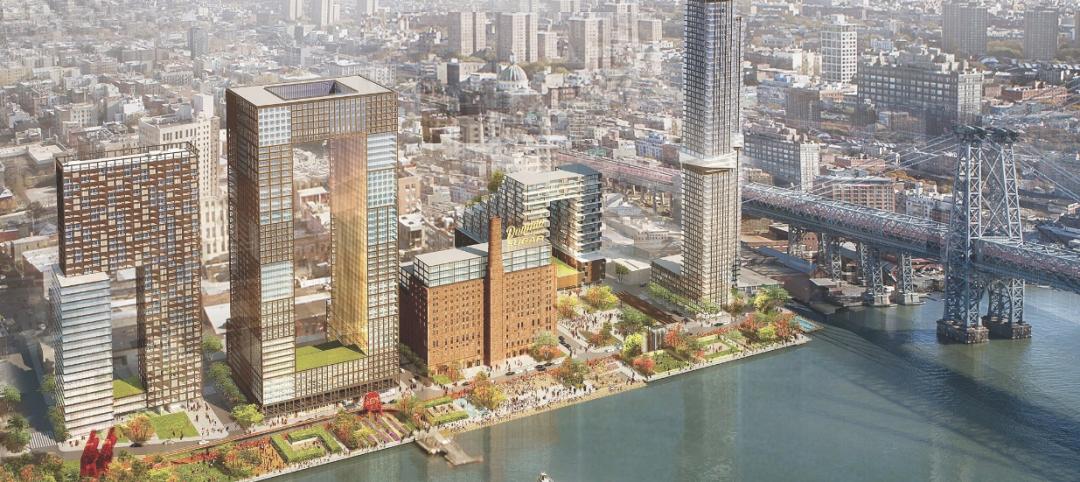Three LEED pilot credits on resilient design spearheaded by the Resilient Design Institute have been approved by the LEED Steering Committee.
The credits are designed for building teams to be aware of vulnerabilities, and they address the most significant risks in project designs including functionality of the building in the event of long-term interruptions in power or heating fuel. The credits encourage designers to plan for a wide range of natural disasters or disturbances as well as to consider longer-term trends affecting building performance such as climate change.
Specific assessment requirements are provided for the following hazard types:
- Flooding
- Hurricane
- Tornado/high wind
- Earthquake
- Tsunami
- Wildfire
- Drought
- Landslide/unstable soils
The Passive Survivability and Functionality During Emergencies credit addresses: thermal resilience, back-up power, and access to potable water. Creators of the credits recognize that they will be hard for many design teams to achieve. The intent is to “test-drive” the credits and then figure out if there are ways to refine and simplify them.
Related Stories
Smart Buildings | Apr 28, 2014
Cities Alive: Arup report examines latest trends in urban green spaces
From vertical farming to glowing trees (yes, glowing trees), Arup engineers imagine the future of green infrastructure in cities across the world.
Smart Buildings | Jan 7, 2014
9 mega redevelopments poised to transform the urban landscape
Slowed by the recession—and often by protracted negotiations—some big redevelopment plans are now moving ahead. Here’s a sampling of nine major mixed-use projects throughout the country.
Smart Buildings | Sep 13, 2013
Chicago latest U.S. city to mandate building energy benchmarking
The Windy City is the latest U.S. city to enact legislation that mandates building energy benchmarking and disclosure for owners of large commercial and residential buildings.
Smart Buildings | Feb 14, 2013
Minneapolis joins energy benchmarking trend for commercial buildings
Minneapolis is the latest major metro to require large commercial buildings to benchmark and disclose their energy and water use.










